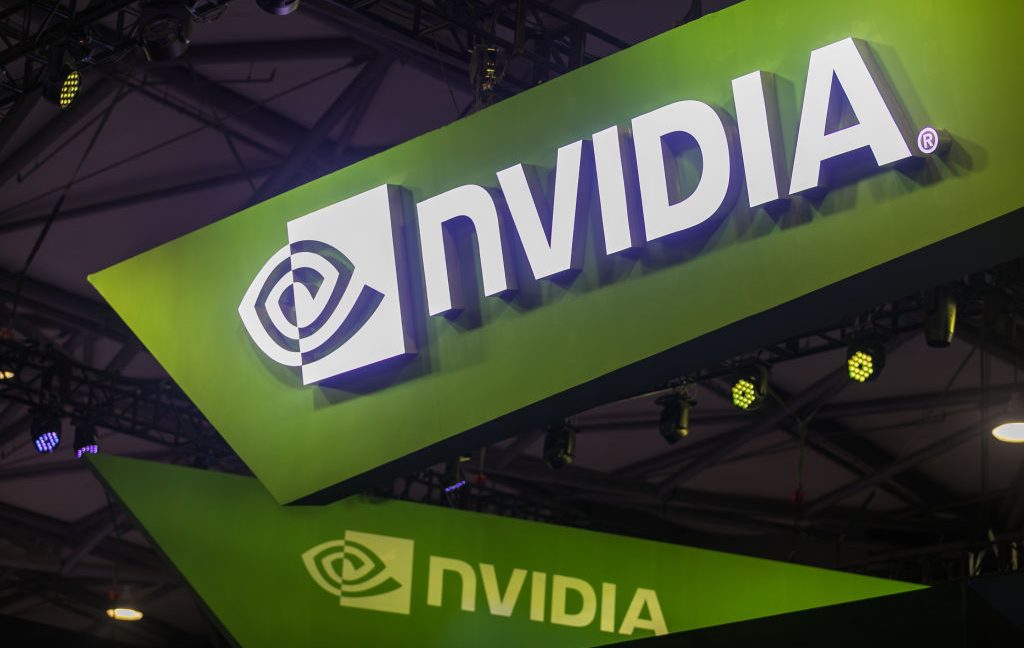US export controls have had some effect on the black market.
Given the nature of such products, leading Chinese AI players with global operations are not able to order them in a legally compliant way, install them in their own data centers, or receive Nvidia’s customer support.
This has led to third-party data centre operators becoming key buyers who then provide computing services. Other clients include smaller companies in tech, finance, and health care that do not have strong compliance requirements, as well as Chinese companies on the so-called US entity list that are not allowed to buy any Nvidia chips legally.
However, the scale of these projects is much smaller compared with mega clusters of data centers being built by tech giants around the world.
With H20 export controls having been lifted, many Chinese tech companies are expected to resume purchasing the compliant chips in large sums even though its performance is generations behind the still restricted products such as B200, according to people familiar with their plans.
Black market sales for B200s and other restricted Nvidia chips dropped noticeably after the relaxation of the H20 ban, according to multiple distributors.
“People are weighing their options now H20 is available again,” said one distributor. “But there will always be demand for the most cutting-edge stuff.”
The Southeast Asia stop off
Industry experts said that Southeast Asian countries have become markets where Chinese groups obtained restricted chips.
The US Department of Commerce is discussing adding more export controls on advanced AI products to countries such as Thailand as soon as September, according to two people familiar with the matter. This rule is mainly targeting Chinese intermediaries used to obtain advanced AI chips via these countries.
The US commerce department declined to comment. The Thai government did not respond to a request for comment.
Earlier this month, Malaysia introduced stricter export controls targeting advanced AI chip shipments from the country to other destinations, especially China.
The potential tightening of export controls on Southeast Asian countries has also contributed to buyers rushing to place orders before such rules take effect, according to people with knowledge of the matter.
Even if these avenues to obtain AI chips are closed, Chinese industry insiders said new shipping routes would be established. Supplies have already started arriving via European countries not on the restricted list.
“History has proven many times before that given the huge profit, arbitrators will always find a way,” said one Chinese distributor.
Additional reporting by Michael Acton, Demetri Sevastopulo, and Anantha Lakshmi.
© 2025 The Financial Times Ltd. All rights reserved. Please do not copy and paste FT articles and redistribute by email or post to the web.

